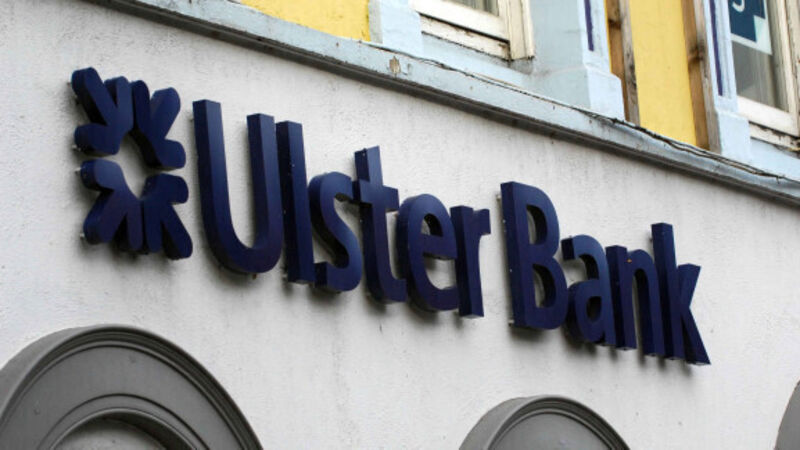Ulster Bank to focus on cutting costs as lending rises

Unveiling its 2015 earnings, Ulster Bank yesterday said that “good things” were happening on the lending side, with an increase in new loans to home buyers and businesses.
It said it had a large amount of capacity of lending in the pipeline for SMEs, too. However, the bank was determined to focus on all costs, amid its “ongoing cost-reduction programme”.
















